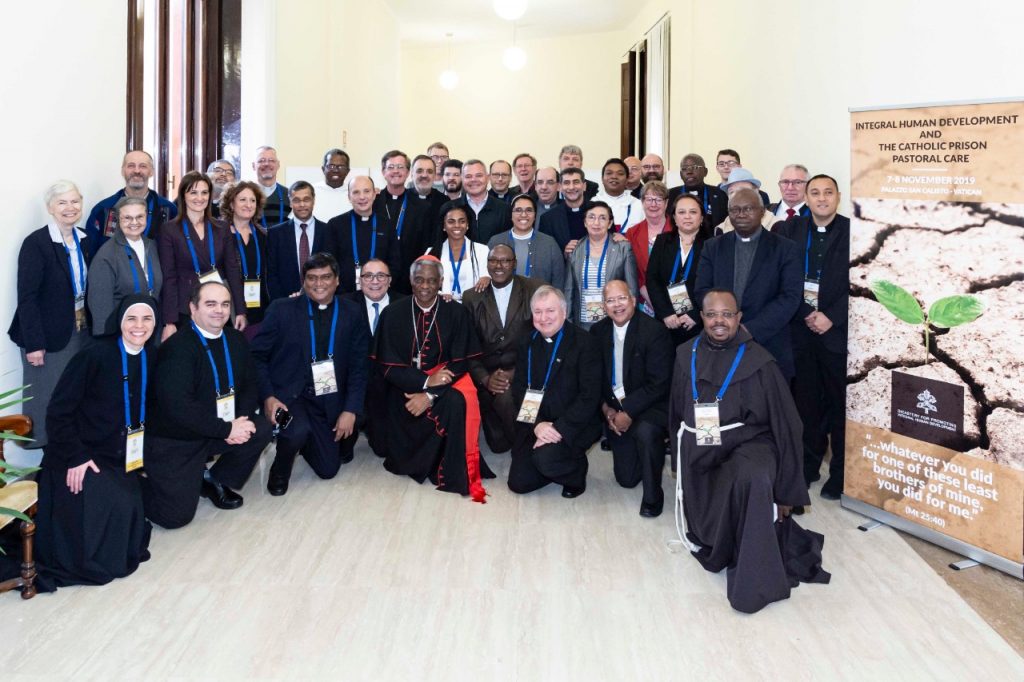
11 millions of people are in prison; but we are inclined to wonder if their systematic imprisonment is the best solution to solve social community life problems. Different kinds of stakeholders are acting for justice sanctions to be useful to all society. Among these people having direct contacts with prisoners are chaplains; their specific role is inclusive of self-esteem and altruism, which is connected with our self-determination campaign. So, two members of our group were invited to a worldwide meeting gathering mostly catholic prison chaplains in Roma on 2019 November 7th-8th.
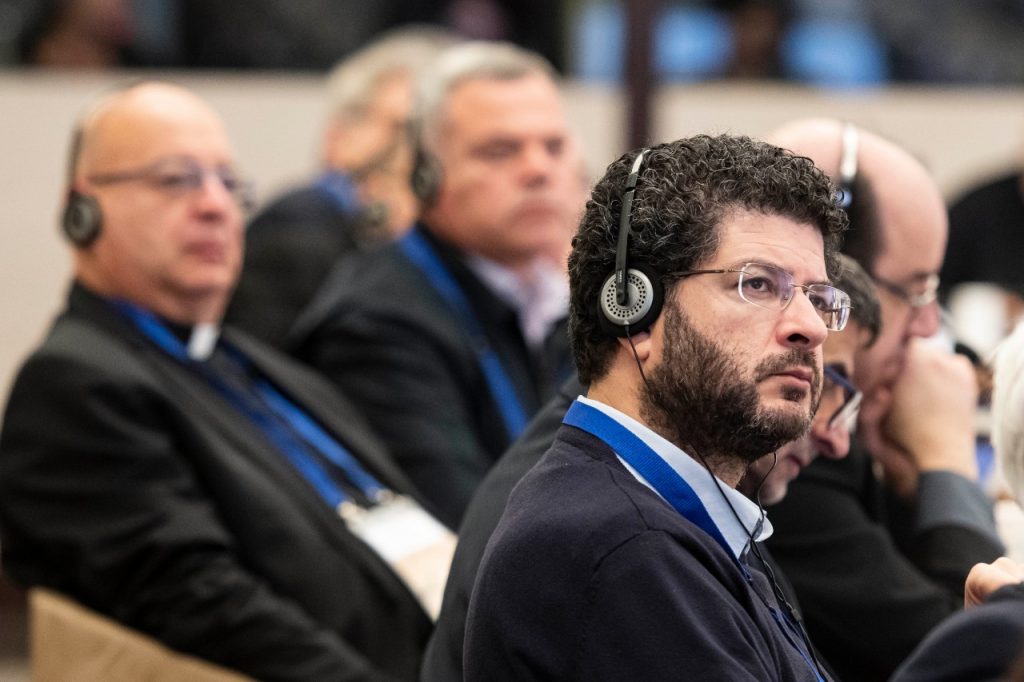
The reports of ground field chaplains were various but nonetheless unanimous on one focus: in every country, participants pointed that prisons are places where poor, drop out and any kind of minorities or sick people are bundled; you only need to park/hide them in detention as if they were definitively not adapted to social life. And in echo, participants carried on with the fact that beyond a repression mechanism, imprisonment is a social control mechanism too. “It’s easier to repress rather than to educate”[2].
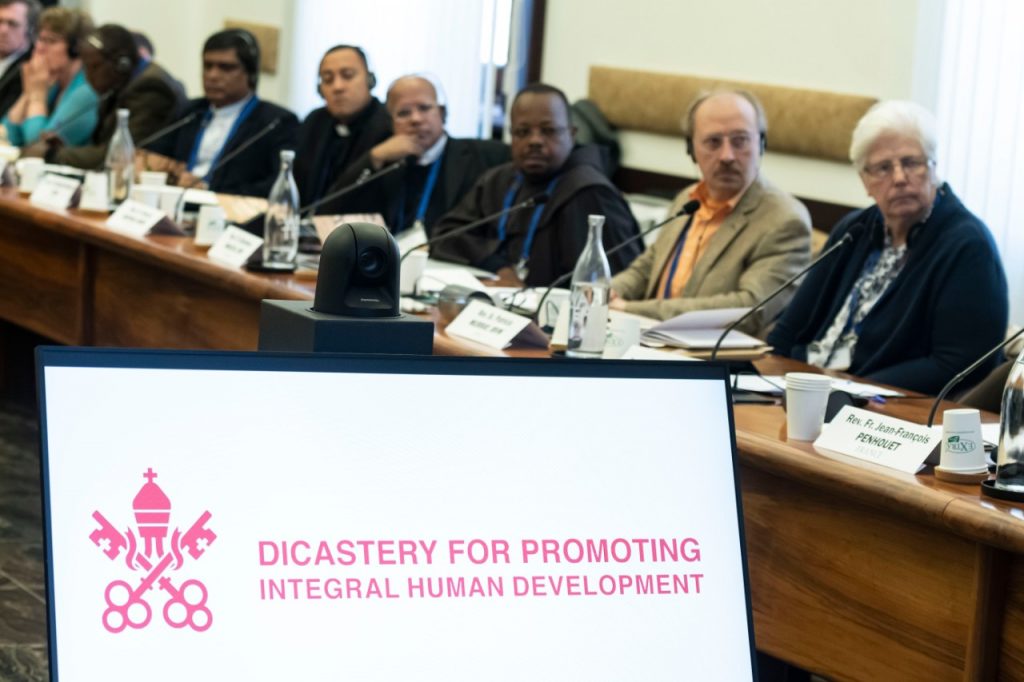
Participants observed that reintegration was not a priority for penitentiary administrations; what is effectively required from them is first to keep calm in detention; therefore few actions are conducted with intention of stimulating prisoners’ self-determination capacities. In this context, it was naturally than two members of our group were offered the opportunity of showing the self-determination campaign, which was appreciated.
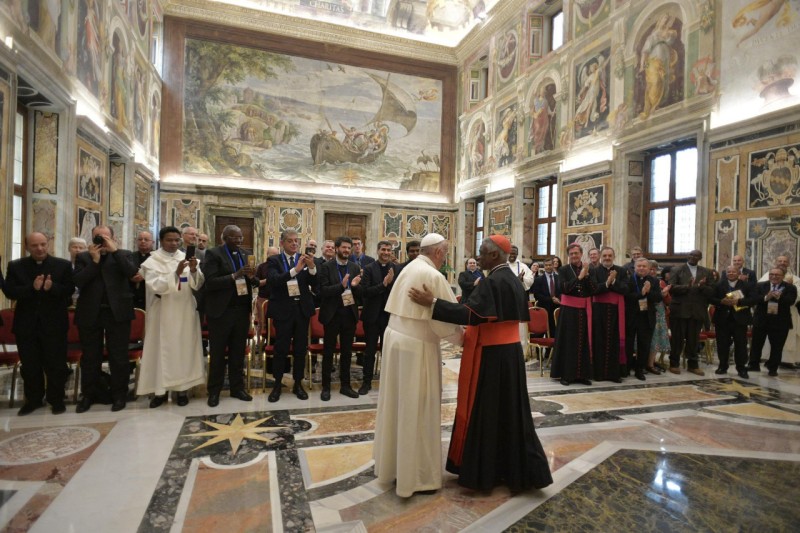
This meeting has been a chance to share practices in a way of sharpening policy analyses, but its aims were not to advocacy, which is on the contrary the final goal of our group: we wish to promote self-determination ways of executing a sanction in order to be in a better position than you were before its execution.
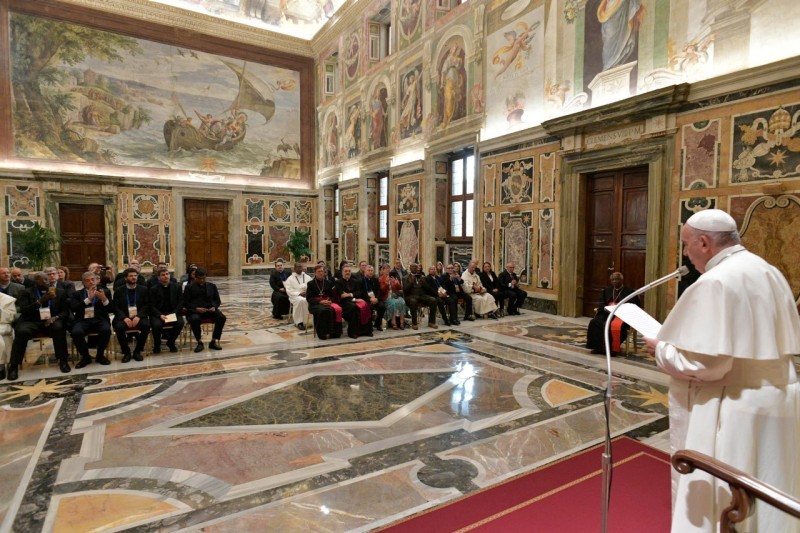
Jean CAËL
[1] south america proverb
[2] Pope Francis to the participants to international meeting « Integral Human Development and the Catholic Prison Pastoral Care” (7-8 November 2019)
